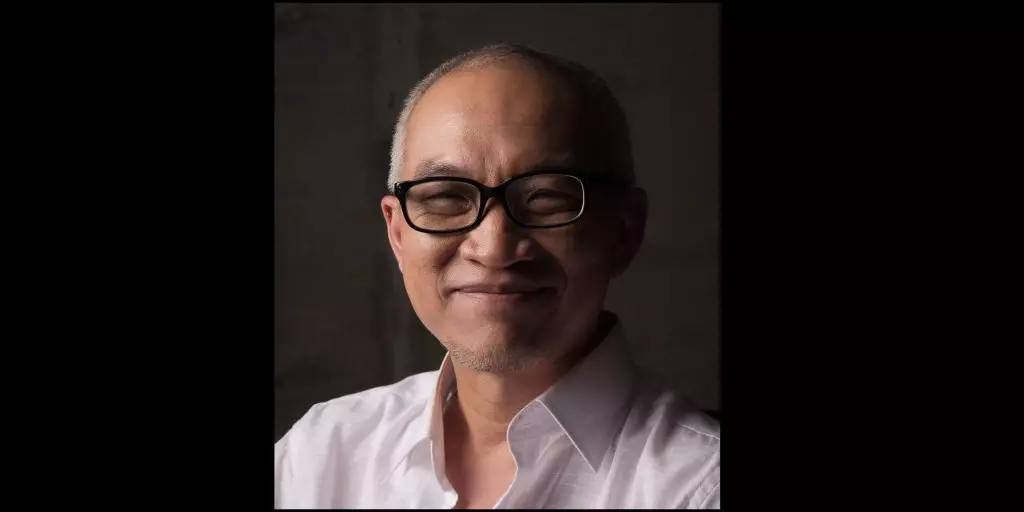The passing of John Badalu, a prominent figure in Southeast Asian cinema, at the age of 53, marks a profound loss for the artistic community and the LGBTQ+ movement across the region. Residing in Bali, Indonesia, Badalu was not only a producer and publicist but also a fierce advocate for inclusivity and minority representation in film. His unique background as a member of various marginalized groups—being ethnically Chinese, a Buddhist, and openly gay—unquestionably fueled his passionate dedication to promoting diverse narratives in an industry often characterized by lack of representation.
Badalu’s upbringing in Makassar, the capital of South Sulawesi, played a crucial role in shaping his worldview and creative vision. His personal history informed his commitment to championing stories that uplift the voices of underrepresented communities. By intertwining his life experiences with his professional endeavors, Badalu made significant strides in advocating for social justice through the lens of cinema.
Creating Powerful Narratives
Throughout his career, John Badalu produced compelling films that challenged societal norms and portrayed the complexities of human relationships. He played a critical role in films like *Malila: The Farewell Flower* (2017), which poignantly explores the theme of reconciliation between former lovers, a narrative rich with emotional depth and cultural nuance. His collaboration with Razka Robby Ertanto on *Ave Maryam* (2018), focusing on Indonesia’s Christian community, reflects his unwavering commitment to addressing the intersections of faith and identity in a predominantly Muslim country.
Moreover, Badalu’s partnerships with influential directors, including Mouly Surya and Putrama Tuta, underscore his dedication to nurturing emerging talents and elevating diverse stories. In the recent years, his focus on short films allowed him to spotlight new voices in the industry. The 2023 film *Basri & Salma in a Never-Ending Comedy*, which earned recognition at the Cannes Film Festival, is a testament to Badalu’s belief in the transformative power of storytelling, particularly from underrepresented perspectives.
A Catalyst for Change
In addition to his role as a producer, Badalu’s contributions extend to festival programming, where he has significantly impacted the visibility of Southeast Asian cinema on international stages. He served as a delegate for several prestigious film festivals, including Berlinale and Busan, shedding light on the rich tapestry of Southeast Asian narratives. His recent efforts in programming the Bali Makarya Film Festival have been instrumental in bridging local audience engagement with the international filmmaking community, fostering a greater appreciation for diverse cinematic expressions.
Perhaps one of Badalu’s most notable achievements is the establishment of the Q! Film Festival in 2002, Indonesia’s inaugural LGBTQ+ film festival. Until its conclusion in 2017, this festival became a vital platform for queer cinema in a country where such discourse remains suppressed. By creating a space that celebrated LGBTQ+ stories, Badalu not only challenged prevailing societal taboos but also encouraged broader conversations about sexuality and representation. His influence reached policy circles, advocating for the rights of sexual minorities in Indonesia. This leverage amassed from the festival made waves, prompting dialogues that were previously considered taboo.
A Lasting Impact
John Badalu’s death on May 21, 2025, has left a poignant void in the lives of many. His friends in Bali expressed their heartfelt grief and celebrated his indelible contributions to the community. The message shared by his loved ones is a reflection of the warmth and kindness that characterized Badalu’s interactions—a pillar of support who fostered a sense of belonging in an often alienating world.
As we remember John Badalu, it becomes evident that his legacy is far more than that of a filmmaker or producer; it encapsulates the spirit of resistance against exclusion and the relentless pursuit of equality through art. His work embodies hope and serves as an inspiration for future generations of artists committed to crafting narratives rich in diversity and intersectionality. His life is a powerful reminder that storytelling has the potential to not only entertain but also educate, ultimately driving societal change. The vacuum left by his absence urges us to further the mission he championed: advocating for inclusive representations of the myriad identities that shape our world.
